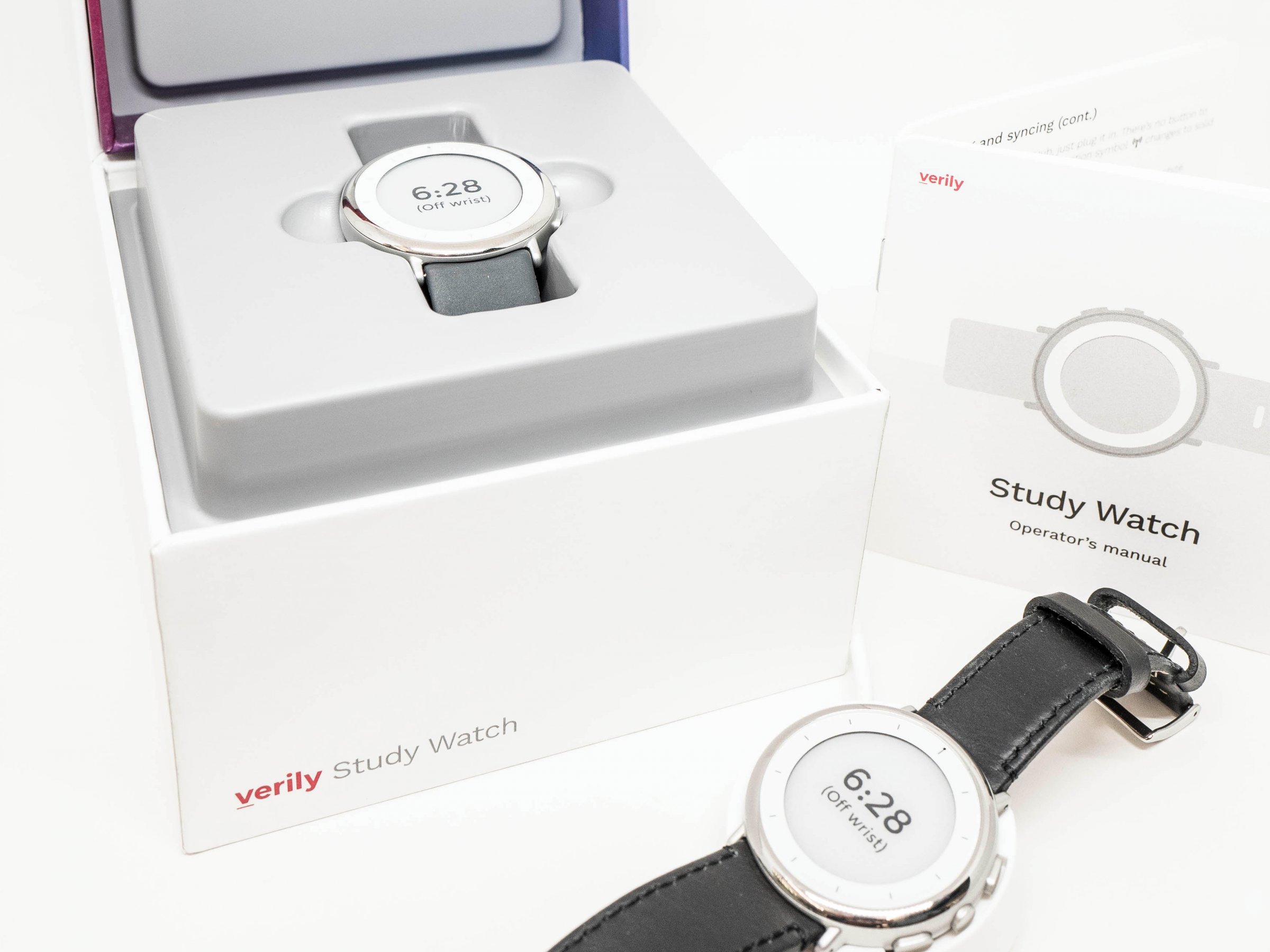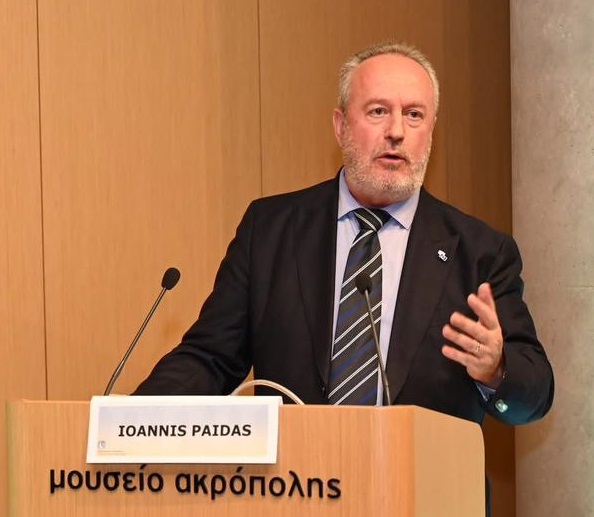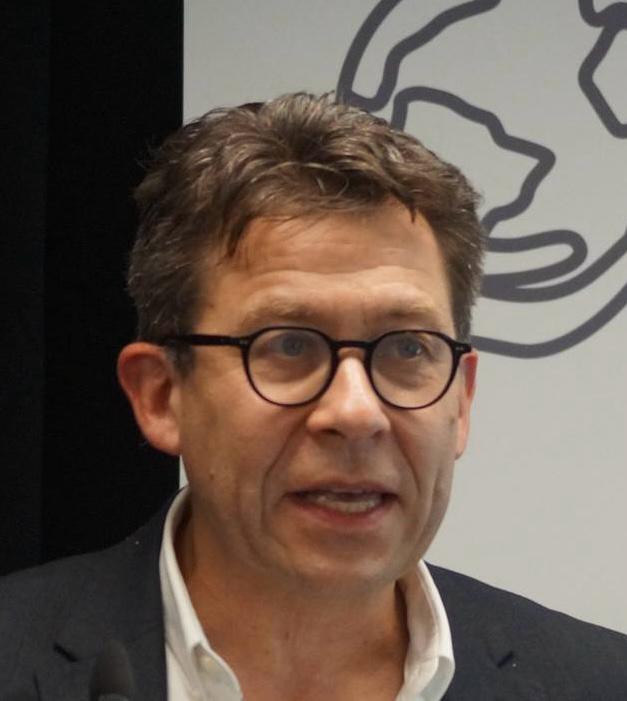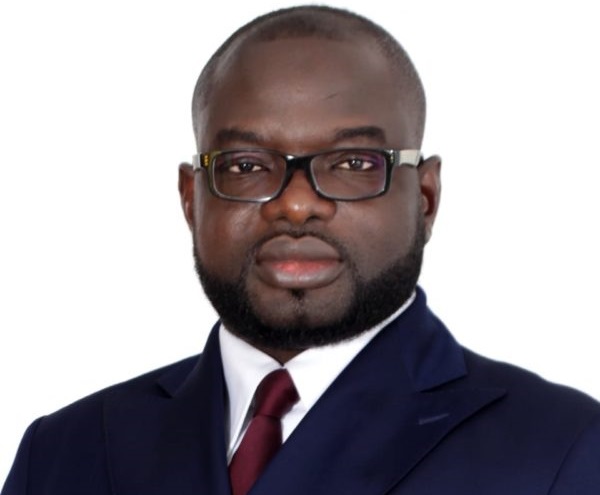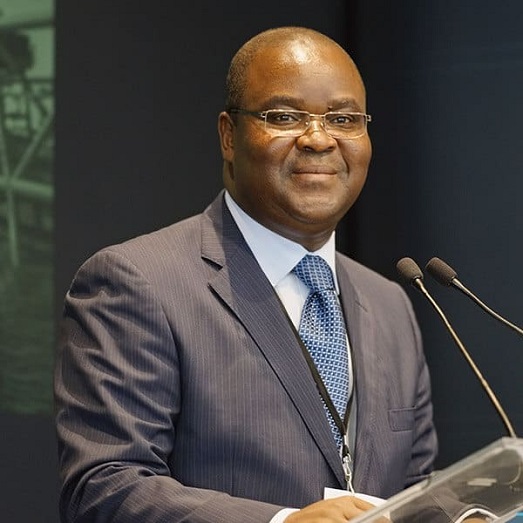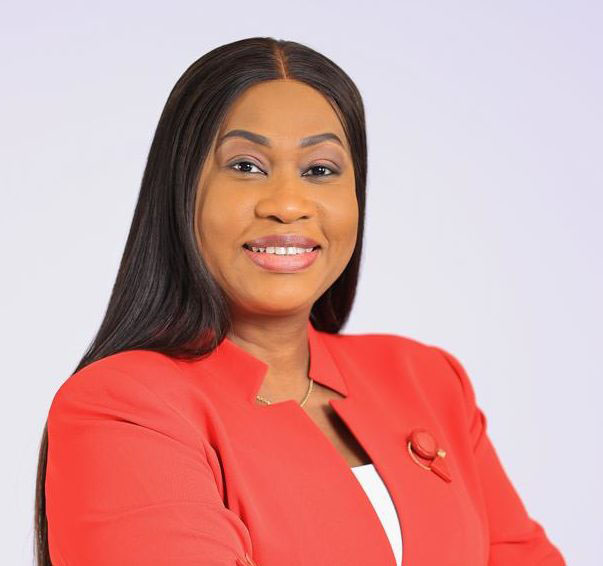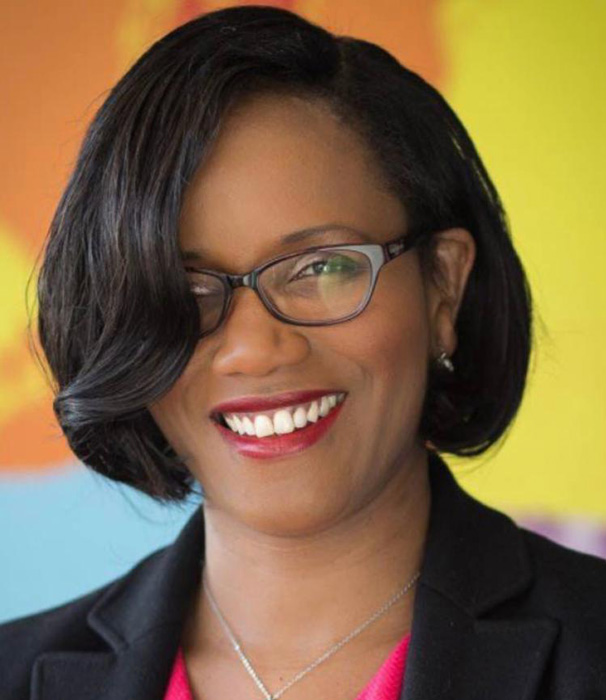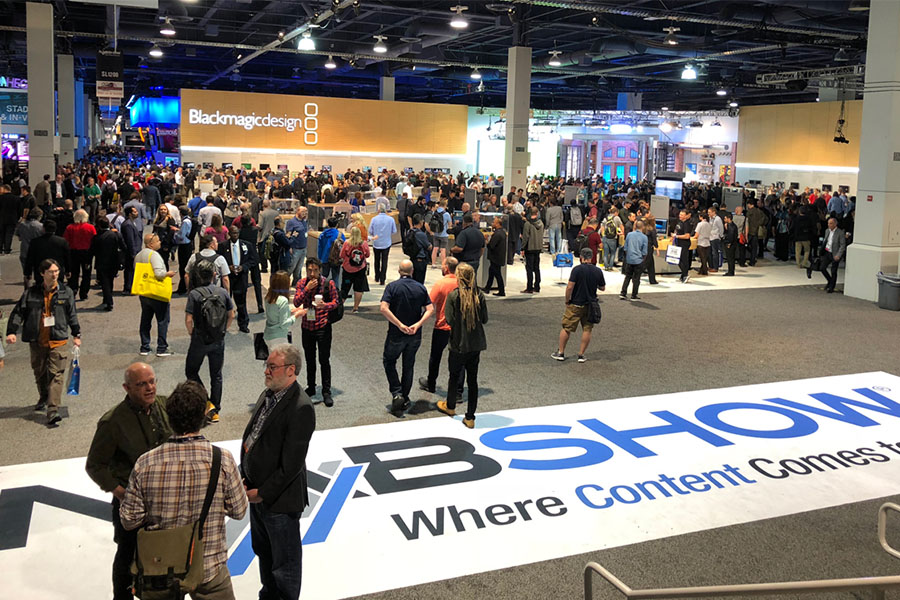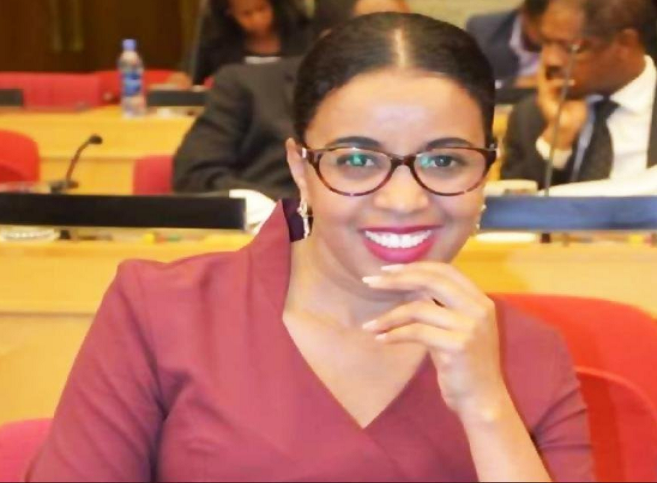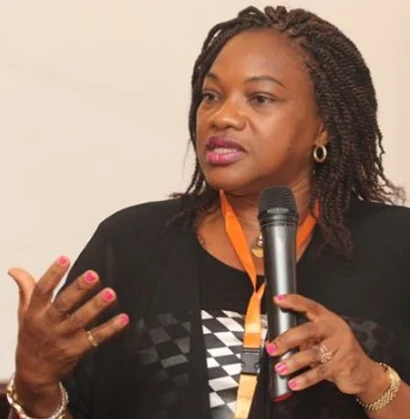Verily, the life-sciences company owned by Google’s parent company, Alphabet, is finally launching Baseline, its long-awaited study of 10,000 healthy people.
Google first announced its plans to carry out the Baseline study back in 2014. Almost three years later, the study is ready to get off the ground.
The idea is that by tracking the health of healthy people, researchers might be able to pick up on ways to predict when a person will get a disease. If you can catch a disease early, there may be better ways to treat it or prevent it from getting worse.
« What we are really aiming to do is figure out how do we identify people who have a change in their health early enough where we can make an intervention so they don’t come into the hospital? » said Dr. Adrian Hernandez, a professor of medicine at Duke University who will be working on the study. So, for example, if a person has signs of heart disease, he or she could be treated before a heart attack ensues.
Here’s how Baseline will work:
- To start, there will be study sites run by Duke University and Stanford University where participants visit, get blood work done, and have some images recorded. The researchers will also collect tears and saliva, along with genetic data. These on-site visits will happen once a year.
- During the rest of the year, participants will respond to survey questions and wear sensors. « It’s not the type of study where someone comes in to the four walls of the clinic once a year and then they leave and there’s not really an exchange at all of those other 364 days, » Dr. Jessica Mega, the chief medical officer at Verily, told Business Insider.
- One of those sensors will be the Study Watch, which will track a participant’s heart rate. The display will show the wearer only the time, however.
- The researchers are planning to run the study for four years, ideally keeping people interested in staying on for even longer. At the end of the four years, Verily is hoping to get new insights into how cancer and heart disease develops before it’s diagnosed, while also figuring out how to come up with health technology that will be useful.
Verily and its research partners want the study participants to be representative of the US, so instead of 18-year-old college kids from Duke and Stanford, there will ideally be a mix of people of different ethnicities and age groups.
The company also plans to compensate those who take part in the trial, in addition to opening up its findings to « qualified researchers, » Mega said.
« The goal and intent is to make the data available broadly, » she said.
That way, people who are conducting research on different diseases can cross-reference with the Baseline study’s results. Often, when researchers are looking for certain genetic markers for a disease, they’ll pinpoint a variant that seems to be associated with the disease. Mega said she hoped Baseline could give a reference point so researchers going after certain biomarkers don’t follow a path that doesn’t lead anywhere. « It’s nice to make sure it’s not a signal that’s not in the general population, » she said.
Verily has its hands in a lot of projects. In addition to planning Baseline, the company has been developing glucose-monitoring contact lenses, and it produces silverware designed to make it easier for people with hand tremors to eat. It has also partnered with some of the biggest names in pharma on everything from diabetes care to a surgical robot spin-out company and a bioelectronics company working to develop ways to use electric signals to treat chronic illnesses.
Get the latest Google stock price here.
With businessinsider


